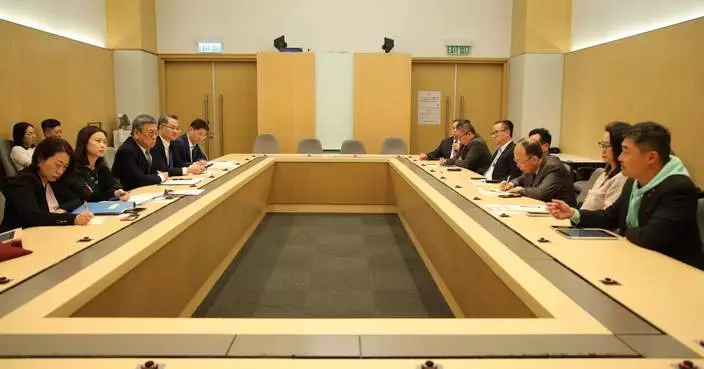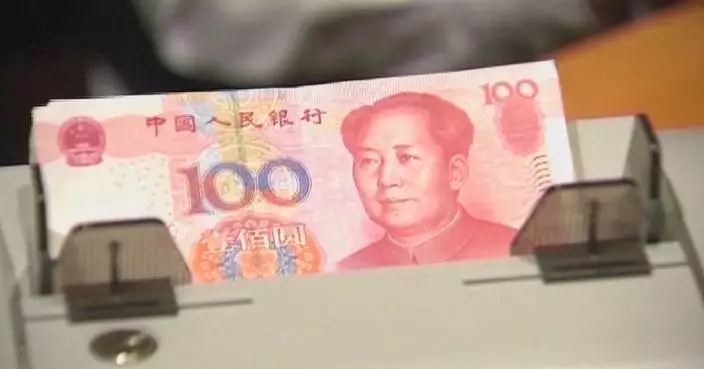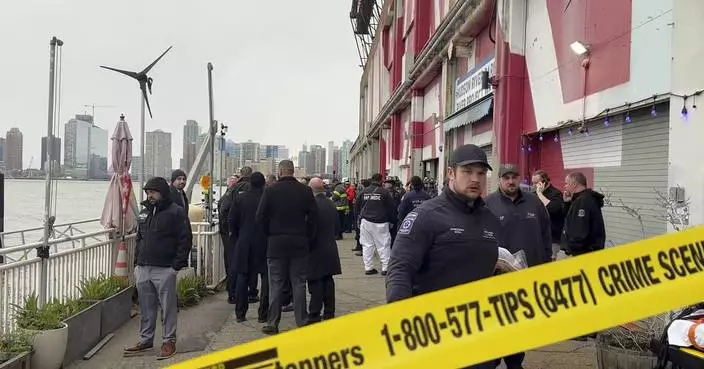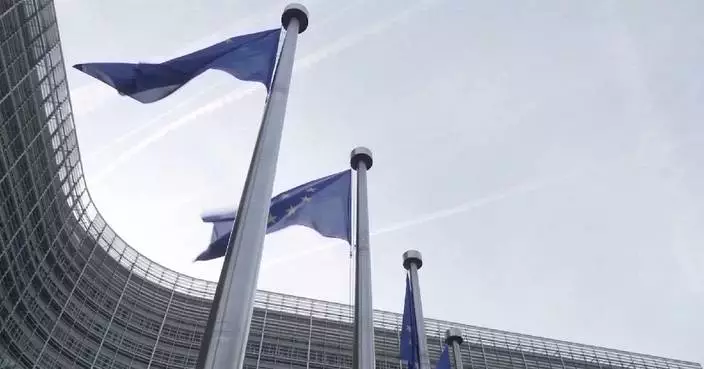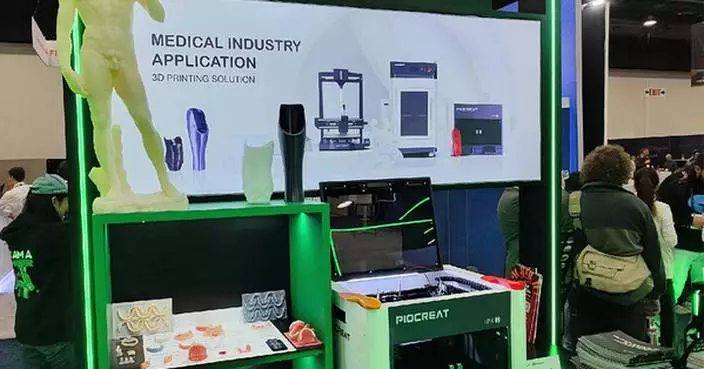DH receives carbon monoxide poisoning case and reminds public to ensure ventilation when using gas water heaters
Following a notification from the Hospital Authority on a case of carbon monoxide poisoning, the Centre for Health Protection (CHP) of the Department of Health and the Electrical and Mechanical Services Department (EMSD) today (April 2) appealed to members of the public to take precautionary measures against carbon monoxide poisoning.
The case involved a 29-year-old female patient, who lost consciousness after taking a shower at home on March 31. Her family member immediately reported the case to the police. She was sent to Yan Chai Hospital and later transferred to Pamela Youde Nethersole Eastern Hospital. She was discharged after treatment.
The EMSD conducted a site investigation immediately and confirmed that there was no town gas leakage at the scene. The subject gas water heater is a model installed before the scheme for the Approval of Domestic Gas Appliances took effect in 2003, and therefore did not bear a "GU" mark. The investigation revealed serious corrosion at the flue of the gas water heater, which is believed to have caused the incident. The EMSD seized the gas water heater for further investigation.
Carbon monoxide is a colourless, odourless and tasteless gas that is a by-product of the incomplete combustion of any fuel containing carbon, such as wood, natural gas and gasoline. Exposure to a low concentration of carbon monoxide can lead to a range of symptoms, such as dizziness, headache, tiredness and nausea, whereas exposure to a high concentration of carbon monoxide can lead to impaired vision, disturbed co-ordination, unconsciousness, brain damage or even death.
The CHP reminded members of the public that a gas water heater should be used in a well-ventilated area. They should seek medical attention immediately if they suspect developing symptoms of carbon monoxide poisoning.
The EMSD also reminded members of the public of the following:
Occupants should buy and use a gas water heater which has been approved by the EMSD and bears a "GU"mark. If the gas water heater was installed before the scheme for the Approval of Domestic Gas Appliances took effect in 2003, the occupant should maintain the gas water heater in good conditionand consider replacing it with one bearingthe "GU"mark;
Occupants should arrange for a regular safety inspection of gas water heaters every 18 months by a registered gas contractor. If in doubt aboutthe condition of the gas water heater, please contact the registered gas supply company at any time;
Occupants should stop using the gas water heater if there are anomalies (e.g. corrosion or damage to thecasing) or signs of gas leakage observed. Please contact the registered gas supply company or dealer of the gas water heater for inspection and repair immediately; and
Gas appliances, including gas water heaters and gas cookers, should be used in a well-ventilated area, such asby switching on exhaust fans and not closingall windows and doors.
Hong Kong Customs seizes suspected 3,4-methylenedioxymethamphetamine worth about $4 million at airport
Hong Kong Customs today (April 10) detected a drug trafficking case involving baggage concealment at Hong Kong International Airport and seized about 20 kilograms of suspected 3,4-methylenedioxymethamphetamine with an estimated market value of about $4 million.
A 31-year-old female passenger arrived in Hong Kong from Vancouver, Canada, today. During customs clearance, Customs officers found the batch of suspected 3,4-methylenedioxymethamphetamine inside her check-in suitcase. The woman was subsequently arrested.
The investigation is ongoing.
Customs will continue to step up enforcement against drug trafficking activities through intelligence analysis. The department also reminds members of the public to stay alert and not participate in drug trafficking activities for monetary return. They must not accept hiring or delegation from another party to carry controlled items into and out of Hong Kong. They are also reminded not to carry unknown items for other people.
Customs will continue to apply a risk assessment approach and focus on selecting passengers from high-risk regions for clearance to combat transnational drug trafficking activities.
Under the Dangerous Drugs Ordinance, trafficking in a dangerous drug is a serious offence. The maximum penalty upon conviction is a fine of $5 million and life imprisonment.
Members of the public may report any suspected drug trafficking activities to Customs' 24-hour hotline 182 8080 or its dedicated crime-reporting email account (crimereport@customs.gov.hk) or online form (eform.cefs.gov.hk/form/ced002).




